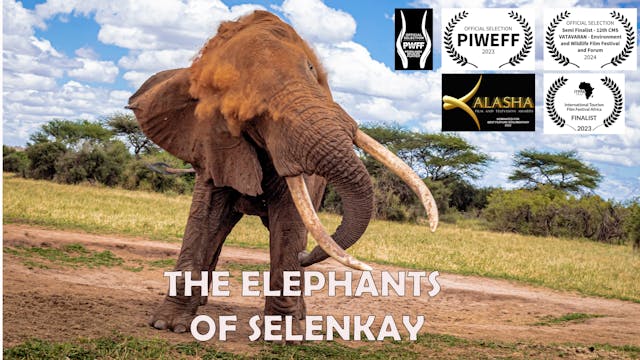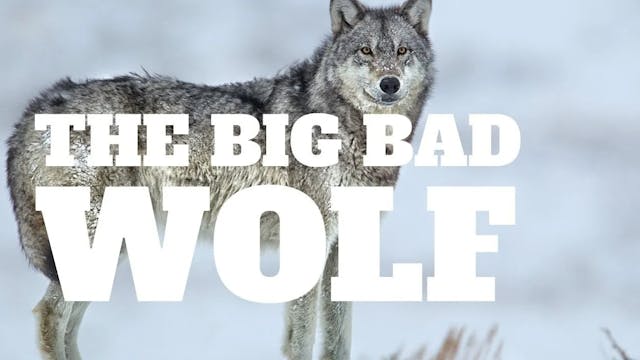Reconsidering Agriculture
What's New?
•
8m 2s
With an estimated 25% of greenhouse gas emissions coming from our food system, rethinking our approach to agriculture is essential if we are to create a sustainable future. By working in harmony with nature, regenerative agriculture can provide more nutritious food at the same time as reducing emissions, restoring damaged ecosystems and protecting biodiversity.
Traditionally, farmers have been seen as guardians of the land, but the heavily mechanised approach to agriculture has been one of the key drivers of climate change and biodiversity loss. It has damaged ecosystems around the world, degrading the soils we depend on for our food, and destroying wildlife with pesticides and inorganic fertilisers.
Today there is an increasing understanding of the pivotal role agriculture can play - not just by reducing its environmental impact - but also by working with nature to restore soil fertility and adapting to the changing conditions brought about by the climate crisis.
Up Next in What's New?
-
The Elephants Of Selenkay
An intriguing story told in Kenya about Elephants that returned to a land where their predecessors once walked after an absence of over 20 years. A celebration about restoring a habitat to save the last open spaces for Elephants to roam about freely and tracing back the routes to their ancestral ...
-
The Big Bad Wolf
The gray wolf was reintroduced to America's first national park in 1995, more than a century after it was eradicated from the Yellowstone region. As these Yellowstone wolves began to thrive again in the wild, so did controversy. Watch this short film to learn more about the conservation challenge...
-
Living with Snow Leopards, Dolma and ...
Dolma and Chodon live with their families in the high Himalayan village of Kibber India a population of roughly 450 people. Their families depend on their livestock to survive. What concerns them is when their animals fall prey to the stealthy preditor, the snow leopard. Retaliatory killing is th...



